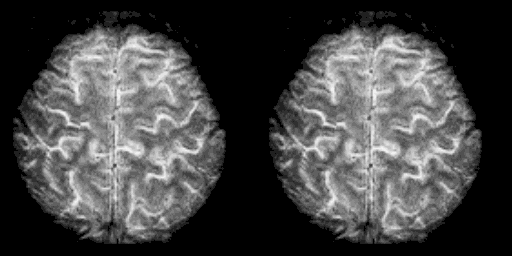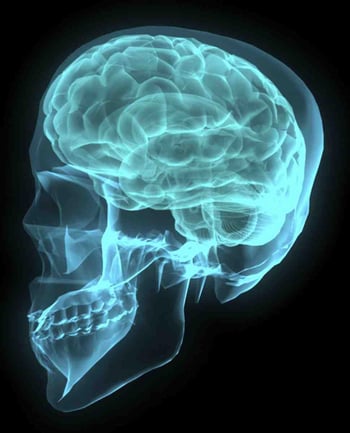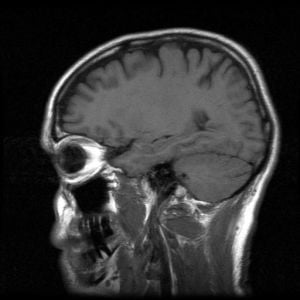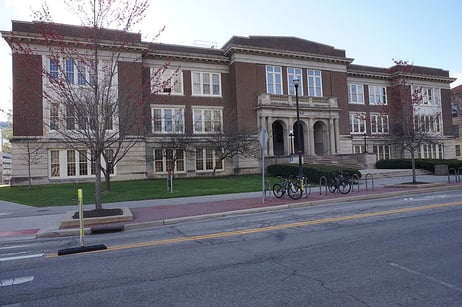Construction is underway on a new $357 million neurosciences building on UC San Francisco’s Mission Bay campus. The 270,000-square-foot, six-story building will house the departments of Neurology, Psychiatry, and Neurological Surgery all under one roof. Currently, these departments are located on different campuses. The new science building is scheduled to open in 2020.
Read MoreTags: University of California San Francisco, sell lab products, brain research, UCSF, laboratory equipment suppliers, Lab Product Sales, UC San Francisco Parnassus, BioResearch Product Faire, NIH awards 2017, Brain Injury, new building construction, sfvs18s, new science buildings
In April of last year, Joan and Sanford I. Weill and the Weill Family Foundation donated $185 million to establish the UCSF Weill Institute for Neurosciences. This was the largest single donation in UC San Francisco’s history. It raised the philanthropic commitments made to UCSF neuroscience programs last year to more than $500 million.
Read MoreTags: University of California San Francisco, sell lab products, brain research, Research Funding, UCSF, laboratory equipment suppliers, Lab Product Sales, NIH funding, UC San Francisco Parnassus, BioResearch Product Faire, NIH awards 2017, Brain Injury, sfvs18s
In a first of its kind study, researchers at UCLA utilized ultrasound to “jump start” the brain of a man with severe brain injury who was recovering from a coma. According to the UCLA Newsroom, the 25 year old man could only perform small, limited movements when instructed and “showed minimal signs of consciousness” before the procedure. Three days after the treatment, he regained full consciousness and language comprehension. He could reliably communicate by shaking or nodding his head. Five days after, the patient attempted to walk for the first time since the coma.
Read MoreTags: University of California Los Angeles, biomedical research, brain research, UCLA, UCLA research funding, Dana foundation, Tiny Blue Dot Foundation, Dr. Martin Monti

(Image of brain by functional MRI via Wikimedia Commons)
Cognitive neurologist, Rosie Cowell of the University of Massachusetts, Amherst received a nearly $600,000 grant from the National Science Foundation. The funding will be used to develop and test her theory of how fine-grained visual perception interacts with the area of the brain critical to memory.
Read MoreTags: University of Massachusetts Amherst, University of Massachusetts, Bioresearch event, brain research, MA, research grant, Amherst, UMASS, Bioreseach, 2016, fMRI, Rosie Cowell
A pioneering new study at Ohio State University found a link between chronic stress and short-term memory issues. In the study, mice were subjected to repeated visits from an aggressive, larger intruder mouse. Researchers found that the mice repeatedly exposed to the intruder had more difficulty recalling where the escape hole was in a maze they’d mastered prior to the stressful period, compared to mice that had not been stressed.
(Image Courtesty of Wikimedia Commons and Maria Rimmel)
Read More
Tags: Ohio State University, Ohio State, Ohio State University life science research, brain research, Ohio State life science, Ohio State life science research, Biotechnology Vendor Fair, Ohio State University life science, Columbus, OH, OhStu, stress, 2016, Dr. Godbout, memory loss
 Brain surgery is an extremely delicate matter, and complicated even further when performed on children with brain cancer. These cancer cells are difficult to discern from healthy cells during brain surgery and afterward may or may not still reside in the brain where they can continue to spread and cause damage.
Brain surgery is an extremely delicate matter, and complicated even further when performed on children with brain cancer. These cancer cells are difficult to discern from healthy cells during brain surgery and afterward may or may not still reside in the brain where they can continue to spread and cause damage.
Tags: Fred Hutchinson Cancer Research Center, Washington, WA, cancer research, brain research, 2015, BioResearch Product Faire Event, Seattle, Hutch
 Six teams of researchers from leading univerisites are going to receive a set of three-year grants, totaling over $7.5 million, to create lab-grown brain cells in a process called neuronal maturation.
Six teams of researchers from leading univerisites are going to receive a set of three-year grants, totaling over $7.5 million, to create lab-grown brain cells in a process called neuronal maturation.
The funding to the various universities was made possible by The Paul G. Allen Family Foundation as part of its Allen Distinguished Investigator grants, and will ensure the continued development of important neuroscience research.
Read MoreTags: CA, Harvard University, Washington, Parkinson's Disease Research, California, brain research, 2015, Alzheimer' Research, LAVS, Neuroscience, BioResearch Product Faire Event, Research Funding, Harvard, UCSF, longwood, Biotechnology Vendor Showcase Event, best lab supply tradeshows, best science tradeshows
 Researchers from the Perelman School of Medicine at the University of Pennsylvania and the Novartis Institutes for BioMedical Research have discovered a potential new method for treating brain cancer using specially engineered immune cells.
Researchers from the Perelman School of Medicine at the University of Pennsylvania and the Novartis Institutes for BioMedical Research have discovered a potential new method for treating brain cancer using specially engineered immune cells.
According to a university press release, personalized immune cells were engineered by UPenn scientists in order to seek out and attack a type of deadly brain cancer, and were found to be both safe and effective at controlling tumor growth in mice that were treated with these modified cells.
Read MoreTags: Pennsylvania, University of Pennsylvania, UPenn, cancer research, brain research, 2015, Philadelphia, BioResearch Product Faire Event, PA, NIH funding
 Researchers at the University of Nevada, Reno are able to peer deeper into the mysteries of the brain thanks to a recent grant from the National Institutes of Health.
Researchers at the University of Nevada, Reno are able to peer deeper into the mysteries of the brain thanks to a recent grant from the National Institutes of Health.
A $10 million grant was given to the Reno research institution by the NIH to help expand the University’s neuroscience research and capabilities using advanced functional Magnetic Resonance Imaging (fMRI).
In partnership with the Renown Regional Medical Center, UNR researchers will scan healthy and impaired brains in order to more fully understand its myriad functions.
Read MoreTags: UNR, Nevada, brain research, 2015, BioResearch Product Faire Event, Research Funding, NV, lab equipment, NIH grant
Autism, a group of neurodegenerative genetic disorders that cause learning and behavioral challenges, affects approximately 2 million Americans. Other neurodegenerative diseases like stroke and cerebral palsy also affect a large amount of people in the United States. Stroke and cerebral palsy can cause serious brain damage, while autism causes many lifelong behavioral and learning challenges.
Read MoreTags: Duke University, Southern, brain research, 2015, BioResearch Product Faire Event, Durham, NC, Duke, Marcus Foundation, Umbilical Cord Blood


